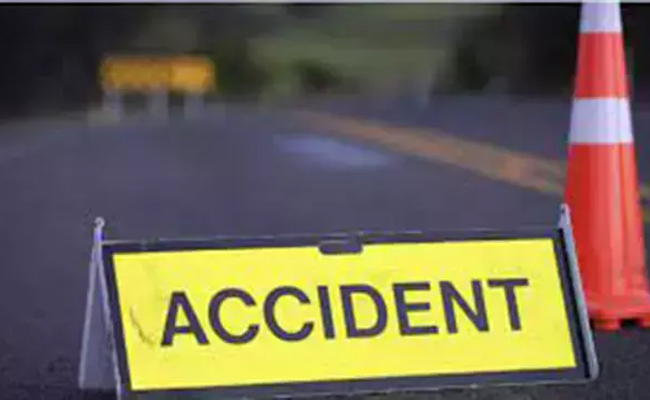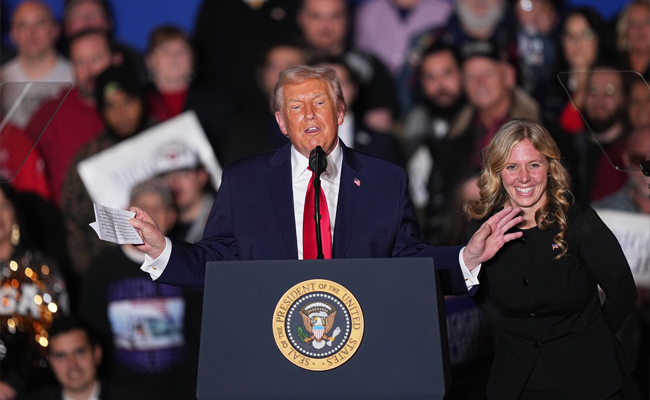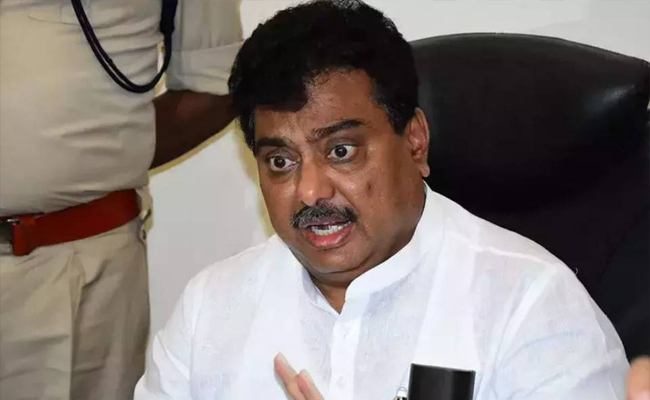New Delhi: Indians lost a whopping Rs 120.3 crore to ‘digital arrest’ fraud schemes during the first quarter of 2024, according to recent government data. This alarming trend was highlighted by Prime Minister Narendra Modi on Sunday.
The Ministry of Home Affairs (MHA), which oversees cybercrime at the national level through the Indian Cybercrime Coordination Centre (I4C), noted that digital arrests have recently emerged as a common method of cyber fraud. Many perpetrators of these scams are located in three contiguous southeast Asian countries: Myanmar, Laos, and Cambodia.
In its analysis of trends from January to April, the Indian Cybercrime Coordination Centre (I4C) found that 46 percent of cyber frauds reported during this period, resulting in cumulative losses of approximately Rs 1,776 crore, originated in these three countries.
As many as 7.4 lakh complaints were received between January 1 and April 30 this year, while 15.56 lakh complaints were received in 2023, according to the National Cybercrime Reporting Portal (NCRP) data as cited by Indian Express.
According to I4C, there are four types of scams — digital arrest, trading scam, investment scam (task based) and romance/dating scam. “We found that Indians lost Rs 120.30 crore in digital arrest, Rs 1,420.48 crore in trading scam, Rs 222.58 crore in investments scam, and Rs 13.23 crore in romance/dating scam,” Chief Executive Officer (I4C), Rajesh Kumar had said while releasing the January-April data in May, according to the publication.
I4C zeroed in on Myanmar, Laos, and Cambodia after analysing data on its NCRP, inputs received from states and Union Territories, and some open-source information, IE added.
Kumar emphasised that cybercrime operations in these countries employ various deceptive tactics, such as using social media to recruit Indians by offering fraudulent employment opportunities.
Let the Truth be known. If you read VB and like VB, please be a VB Supporter and Help us deliver the Truth to one and all.
Itanagar (PTI): Eleven more bodies were retrieved on Saturday from the deep gorge in Arunachal Pradesh's Anjaw district, where a mini-truck on which 22 labourers from Assam were travelling fell, an official said.
With this, 17 bodies have been recovered from the accident site, Anjaw's deputy commissioner Milo Kojin said.
He said three more bodies will be brought out on Sunday.
The operation, being conducted by a joint team of the NDRF and Army, resumed at 6 am.
ALSO READ: Traffic fraud: Fake 'no-entry' sticker racket busted in Delhi, mastermind among 3 held
"The retrieval process was extremely difficult because of the treacherous terrain, and the gorge is very deep," Kojin said.
The operation was suspended around 4 pm due to low visibility and will be resumed on Sunday morning, he said.
"One person is still missing, and a search operation will be carried out tomorrow," he added.
The accident happened on the evening of December 8, around 40 km from Hayuliang towards Chaglagam in the district. On the evening of December 10, one survivor managed to climb out of the gorge and reach a nearby Border Roads Task Force (BRTF) labour camp, following which the authorities were alerted.
Six bodies were recovered from the gorge on Friday and handed over to their families on Saturday.





